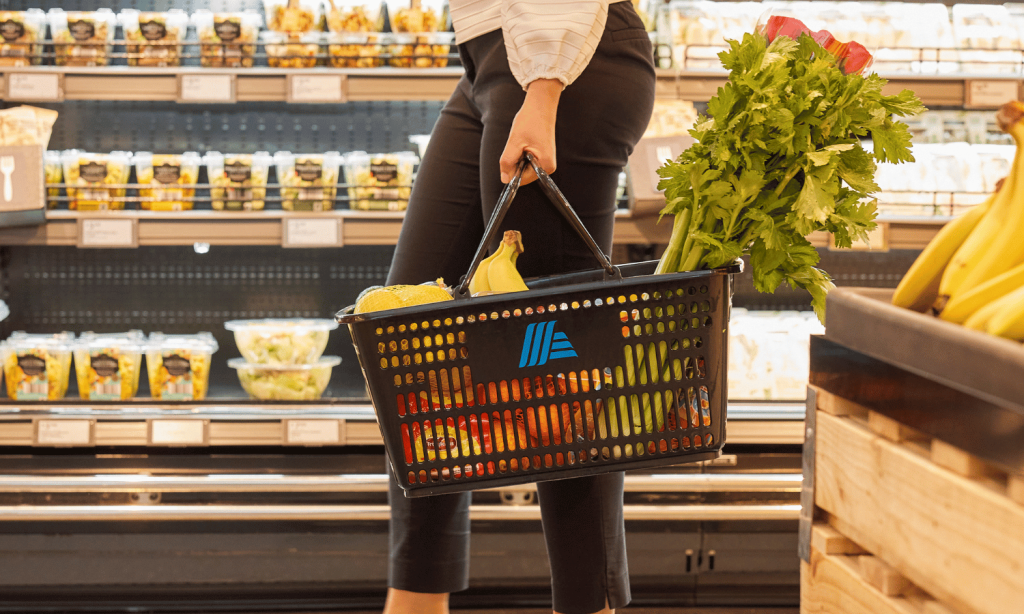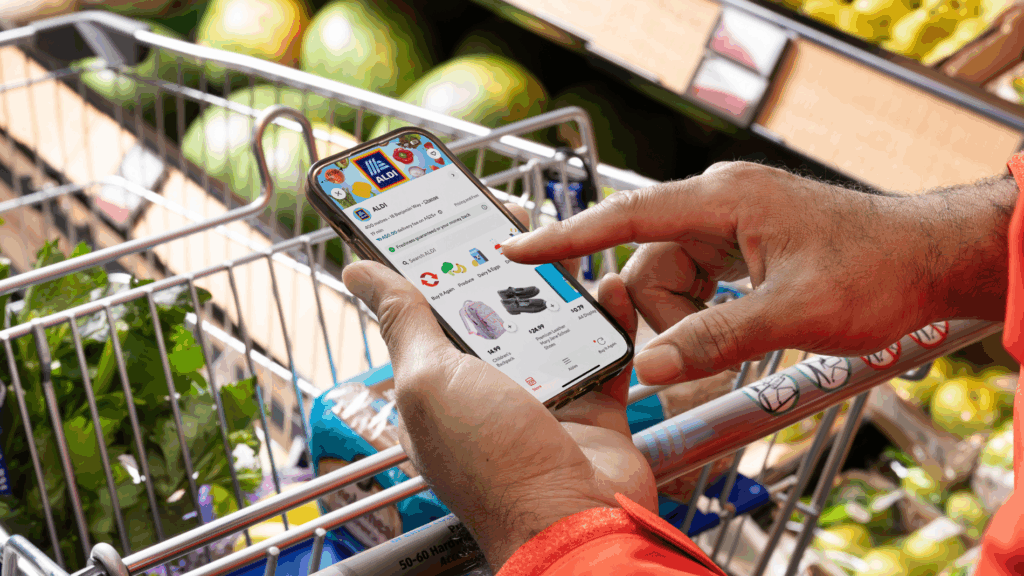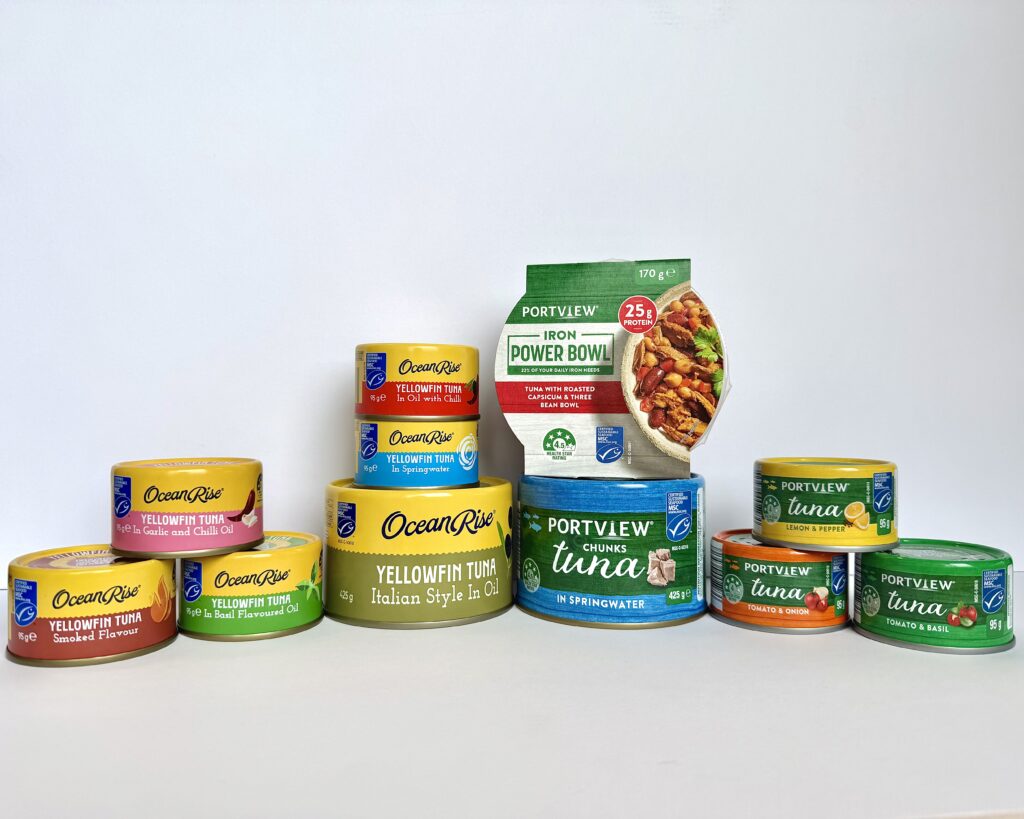ALDI Australia has today released a new report measuring the impact of its entry into Australia and the contribution it has made to the economy over the past 18 years.
Prepared in partnership with PwC, the report titled ‘Making a Good Difference: how ALDI contributes to the Australian Economy’ not only examines ALDI’s positive effect on its competition, but also its wider contribution to employees, shoppers, business partners and its extended supply chain.
The report found that in 2018, ALDI’s operations contributed $3.2 billion to Australia’s gross domestic product (GDP). Since entering the market in 2001, PwC estimates that ALDI has made a total contribution to GDP of almost $23 billion ($22.983 billion).
ALDI Australia CEO Tom Daunt said, “We’re proud that our business in Australia has had such a positive impact in so many ways, well beyond just the savings experienced by our customers. We’ve created careers for thousands of employees, driven enormous growth for private label manufacturers in Australia, and directed billions of dollars into the national economy via real estate, store construction, wages, business partnerships and taxes paid to government.”
Today, ALDI also published its annual Tax Contribution Report for the last financial year; an action that reflects the organisation’s ongoing commitment to act responsibly and transparently in all its commercial dealings.
Highlights of the ‘Making a Good Difference’ report include:
- ALDI saves its shoppers $2.2 billion per year compared to shopping at national competitors
- Shoppers at other major supermarkets saved $450 million in 2018 and $5.68 billion over the last 18 years as a result of the increased competition brought by ALDI and the downward effect on grocery prices
- The largest contribution to GDP in 2018, at $1.5 billion, was through ALDI’s business partnerships with suppliers of products sold in store (merchandise suppliers)
- ALDI’s business partners (suppliers) in 2018 voted ALDI’s commercial conduct to be 80% more favourable than its nearest major competitor*
- ALDI’s leadership in private label has induced the entire market to expand their own private label offering, resulting in all grocery customers saving $3.48 billion in 2018 and $18.67 billion over the last 18 years of ALDI’s operations in Australia
The report measures ALDI’s economic contribution across five key areas: direct operations, merchandise suppliers, non-merchandise suppliers, capital investment and tax contribution.
PwC has found that ALDI’s entry to the supermarket sector 18 years ago has increased competition in a sector that was previously highly concentrated.
The report highlights that ALDI’s entry into Australia has driven significant price deflation, resulting in savings for all grocery buyers. Comparative basket analysis revealed that in 2018 ALDI saved its customers $2.2 billion by choosing to shop with them over the major supermarkets. Furthermore, ALDI had a downward force on the price of all groceries resulting in savings of $450 million for customers that chose to shop elsewhere.
In addition, ALDI’s high quality private label products have made the major supermarkets revisit their own offerings, increasing the attractiveness of their own private label products and saving their customers $3.48 billion in 2018.
In 2001, ALDI opened its first Australian stores with a range of 600 products, developed in partnership with 174 suppliers. Today, ALDI operates in partnership with approximately 1,200 suppliers of which over 1,000 are local Australian businesses, to supply its exclusive range of products. In 2018, ALDI contributed over $1.5 billion in GDP through its local business partners in seven states and territories across Australia**. From fresh produce and bread to household cleaning products and books, ALDI supported 11,730 jobs for their various business partners in 2018, with 28% of these in regional areas.
“Over the past 18 years we’ve become a viable and compelling option for many Australian businesses to bring their product to market.
What makes us such an attractive alternative to other supermarkets, is that we don’t see our suppliers as just suppliers. They are our business partners and we treat them as such. We always pay on time, we negotiate fairly and ethically, and we never break a contract or go back on a handshake deal.
It is on these terms that we seek to build long term relationships that are not only successful for us, but successful for our partners too,” said Daunt.
The report also quantified ALDI’s contribution of $1 billion in 2018 to GDP via its direct operations and employment of more than 12,500 people across Australia. “We look for people who are motivated, goal-oriented and have a real desire to create a positive change for the thousands of people we employ and the millions of shoppers we serve every week. In return, we pay above market rates, offer industry leading learning and development programs and create highly attractive career opportunities.”
“As we look to ALDI’s future in Australia, we will be shining a light on our operations and governance. That’s because, beyond our contribution to the Australian economy, we believe our enduring value comes from openly sharing the business practices that have helped us create such a positive impact elsewhere.
Placing as much emphasis on doing the right thing by people, partners and the planet as we do on maintaining an excellent range of high quality products at affordable prices, has been the foundation for our success and fuelled the prosperity of others.” concludes Daunt.
*Advantage Supplier Feedback Program
**Location of economic impact based on the production facility of the contract





